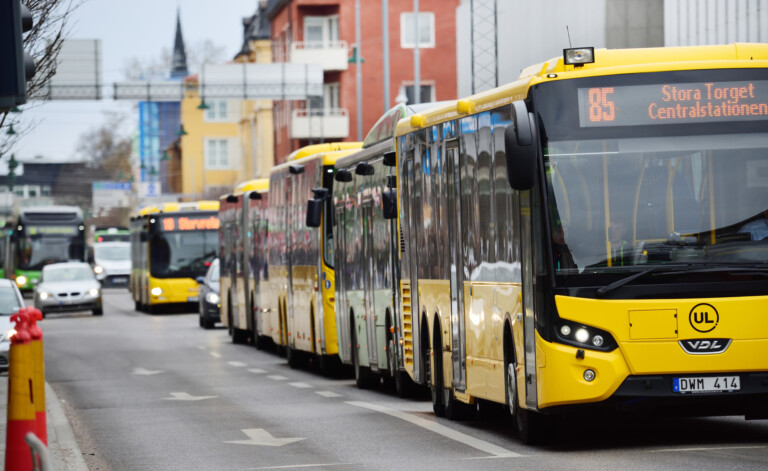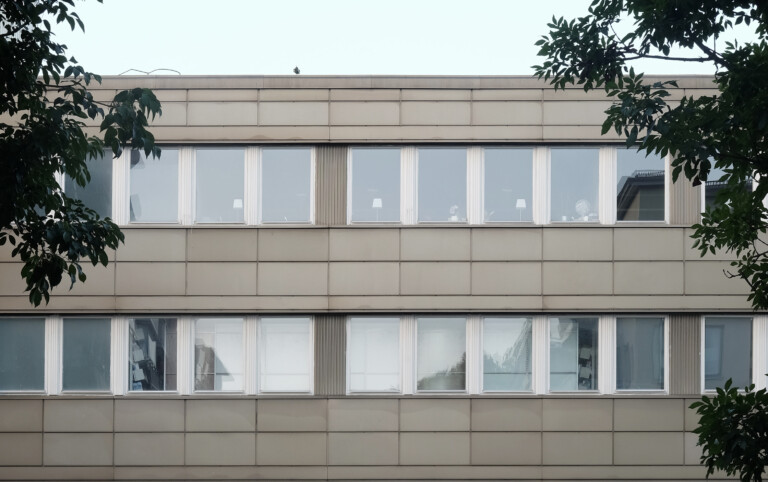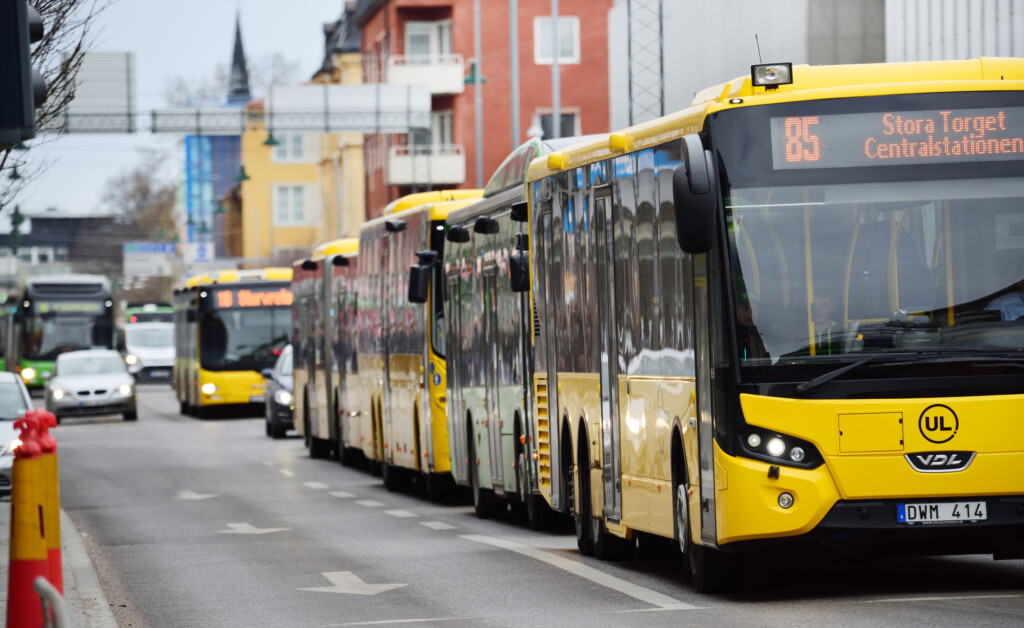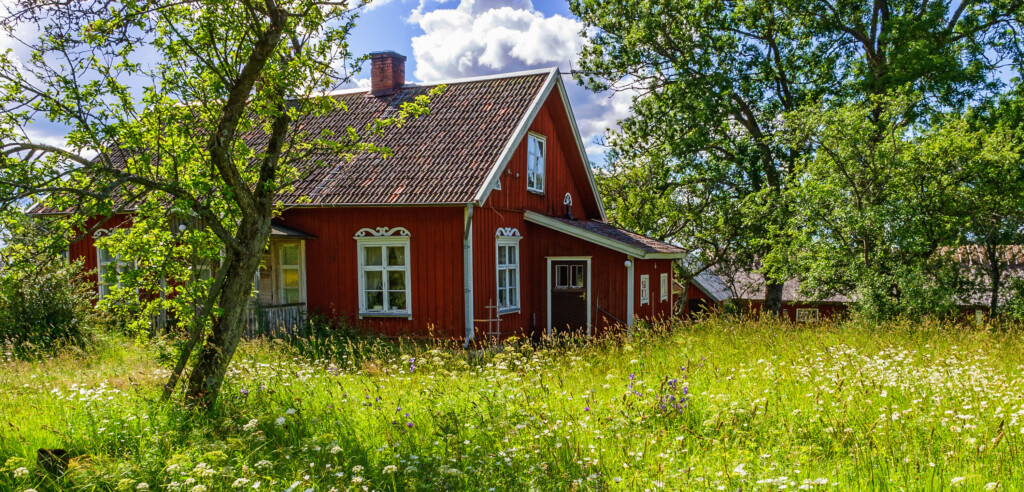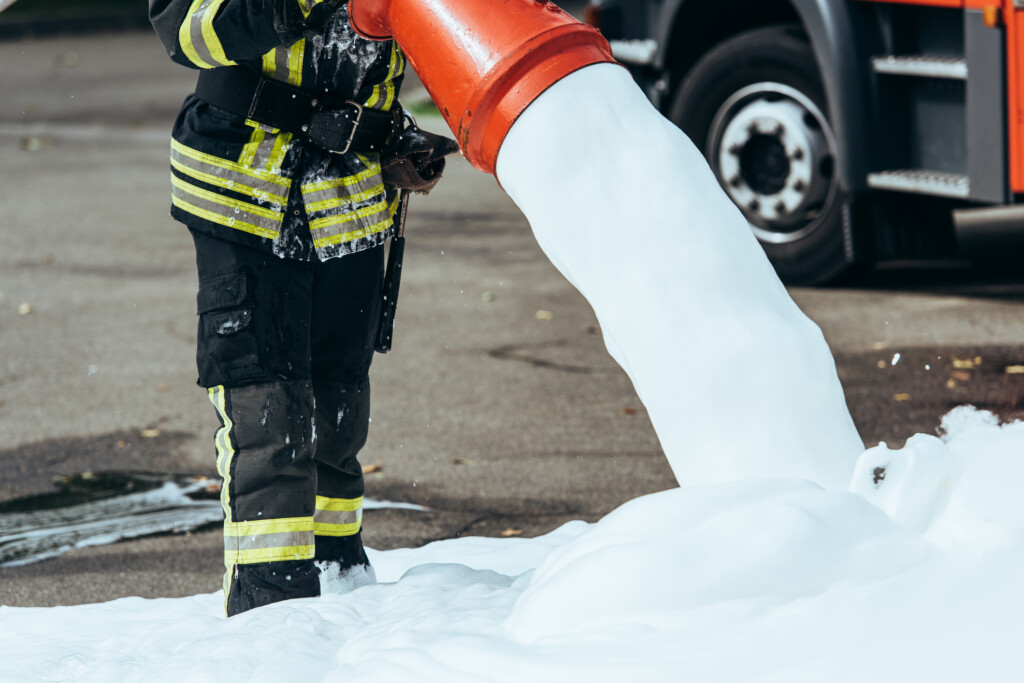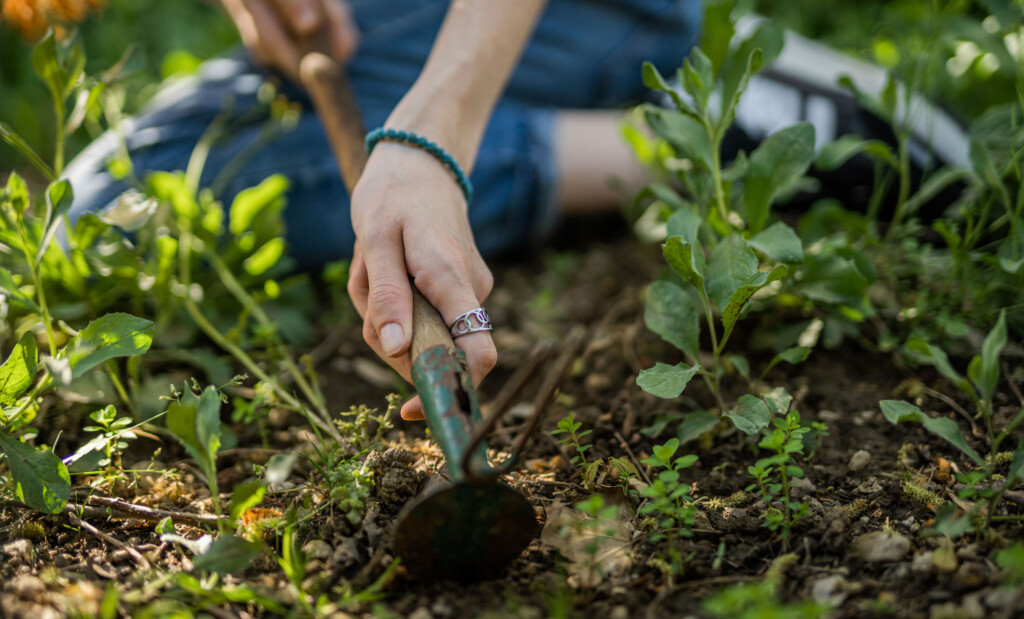Transport
“All decisions must be made from a sustainability perspective”
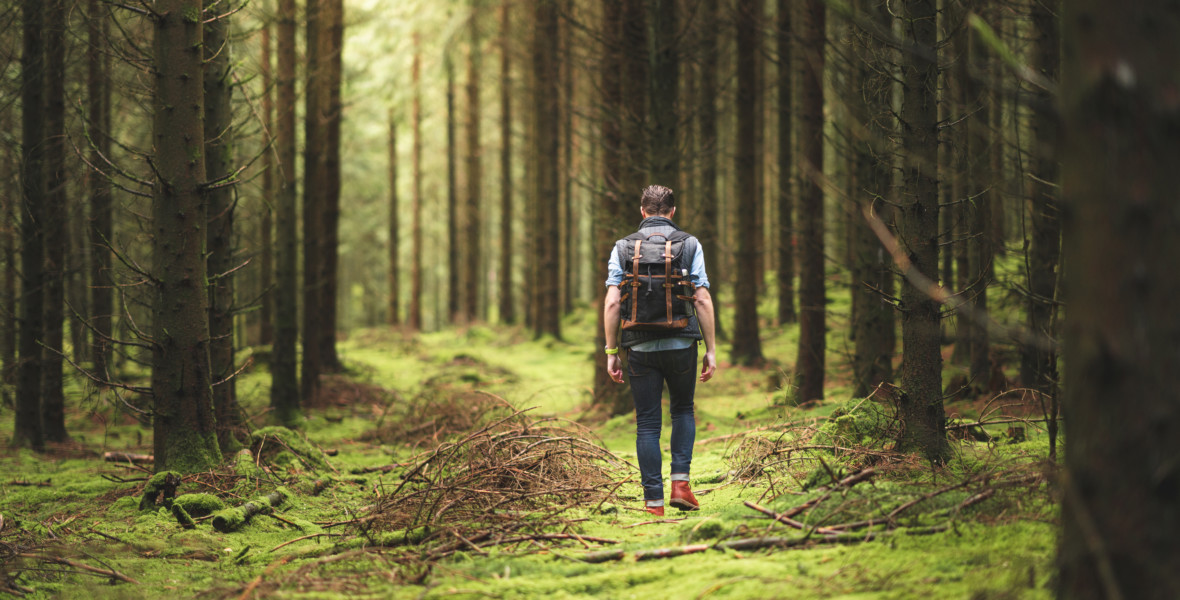
We have ten years to achieve the UN’s sustainable development goals, but will we make it? The outlook sure seems gloomy, but it’s not impossible. Extrakt has spoken with one of the authors behind the Global Sustainable Development Report 2019 evaluation.
Prenumerera på Extrakts nyhetsbrev!
Läs mer
Håll dig uppdaterad! Få kunskapen, idéerna och de nya lösningarna för ett hållbart samhälle.
Personal data is stored only for the mailing of Extrakt newsletters and information related to Extrakt’s operations. You can cancel the newsletter at any time, which means you will no longer receive any emails from us
By 2030, the 17 SDGs aim to eliminate extreme poverty, reduce inequalities and injustices in the world, promote peace and justice, and solve the climate crisis. Two target areas – children’s health and schooling – are achievable, provided that they continue to progress at today’s current pace. But other areas don’t look as rosy.
“Everything else is completely off track,” says Eeva Furman, professor at the Finnish Environment Institute and one of 15 experts who co-authored the Global Sustainable Development Report 2019 and evaluated the progress towards achieving the SDGs.
In the report, the experts stress that a transition is possible from a purely scientific perspective, but that the situation is serious. In particular, four areas that are lagging behind are the growing inequalities in all countries, loss of biodiversity, climate and waste.
“These four are constantly deteriorating, and this hinders the entire sustainability initiative because all the areas are so closely interconnected.”
A holistic approach to success
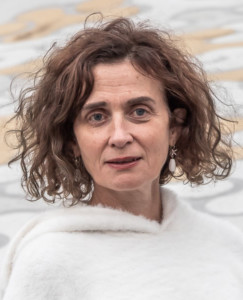
Some of the stakeholders who have excelled in their sustainability efforts are businesses and cities,” Furman says.
“Companies and investors have helped to make their sectors more sustainable. Investors have worked extensively on climate criteria and are now starting to embrace sustainable development as a whole.”
Although the majority of cities are still lagging behind from a sustainability point of view, role models do exist. Two standouts are New York and Helsinki, the first cities to voluntarily report to the UN on their implementation of the SDGs.
“We need to support those who want to lead the way and create change without leaving others behind. It’s a tricky balancing act, but it’s important to show what’s possible to get others to follow.”
So, what needs to be done in this serious situation?
“Avoid focusing on single targets. All the goals are linked together, so you need a holistic approach to succeed.”
Building resilience
According to Furman, a key component is changing our view of the economy.
“Global assets are unfairly distributed. The economy should not be an end in itself, but a means of achieving well-being.”
In concrete terms, this means that all decisions must be taken from a sustainability perspective – at all levels, by cities, governments and businesses. Furman admits the difficulty, but she recently attended meetings in Finland where fresh approaches to budgeting were being discussed.
“We can no longer think in departmental silos like we used to. We need to start from the sustainability system and see what needs to be changed to achieve the goals.”
We need to build resilience in order to face future crises. This isn’t going to be the last one.
The report has attracted plenty of interest, including from various bodies in the EU.
Since the report was released, the corona pandemic has had major consequences around the world. How does this affect sustainability efforts?
“We have realised that we might face other crises that can affect us all and that we need to build resilience in order to address future crises. This isn’t going to be the last one.”
A simpler life
She also stresses that corona has opened our eyes to other values.
“We spend more time outdoors now and respect nature in a completely new way. Many people have calmed down and realize that a simpler life can be soothing.”
Equipped with an alarming report and an ongoing pandemic – what should the main focus of sustainability efforts be in the future?
“Changing our relationship with nature, our use of natural resources and building a new way of life – as part of the natural system.”
She places great hope in children and young people.
“If we give our children the opportunity to live a sustainable lifestyle from the outset, it will be completely natural for them – their lives won’t have to change.”
THE SUSTAINABLE DEVELOPMENT GOALS
The 17 sustainable development goals (SDGs) were adopted in September 2015 by all UN Member States. The SDGs cover all aspects of human and planetary well-being. They represent a universal call for action to eliminate poverty, protect the earth, solve the climate crisis, promote peace and justice, and reduce inequalities and injustices in the world.
GLOBAL SUSTAINABLE DEVELOPMENT REPORT
The Global Sustainable Development Report will be issued every four years, and the 2019 report was the first to be published. The report is written by a group of independent scientists from a variety of scientific disciplines, with a geographical and gender balance.
Finland’s Expert Panel on Sustainable Development, with Eeva Furman as Chair, has created a national version of the report.
The report complements an annual follow-up of the SDGs and aims to bridge the gap between research and policy.
